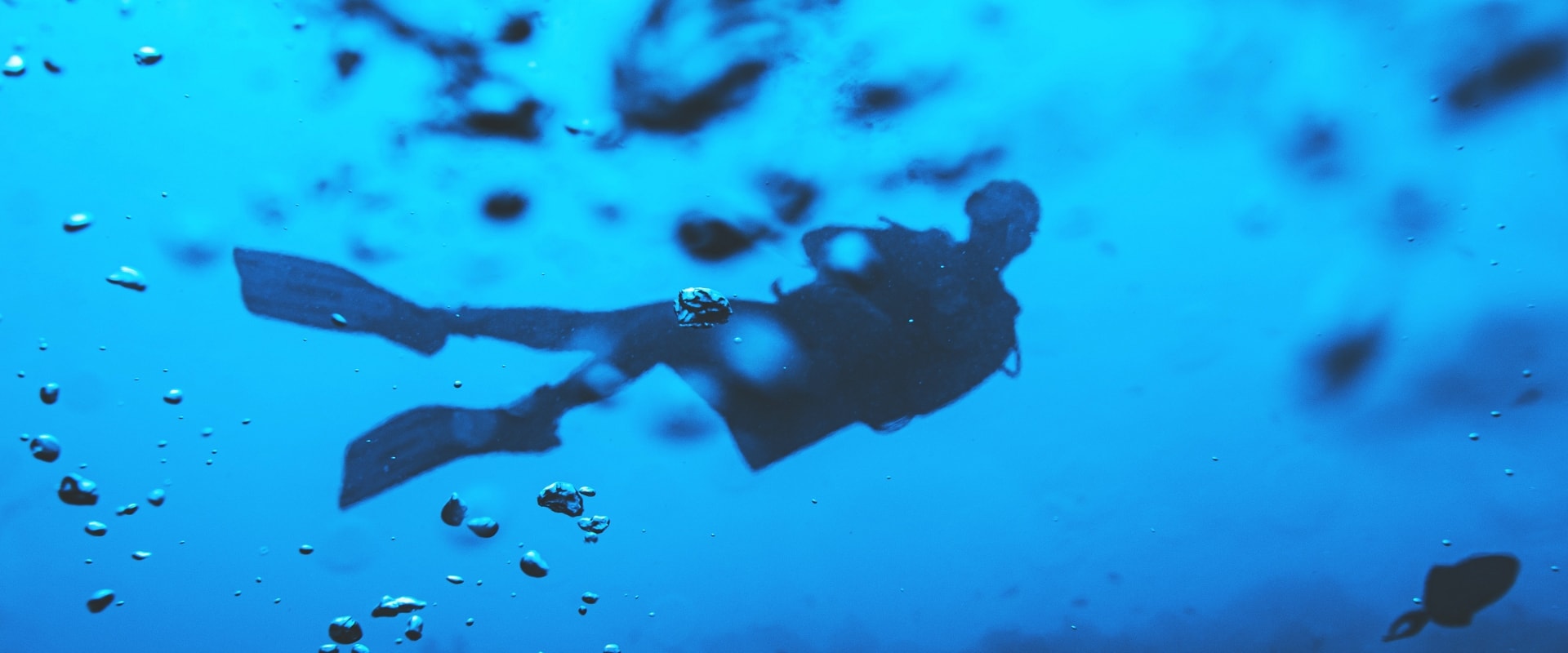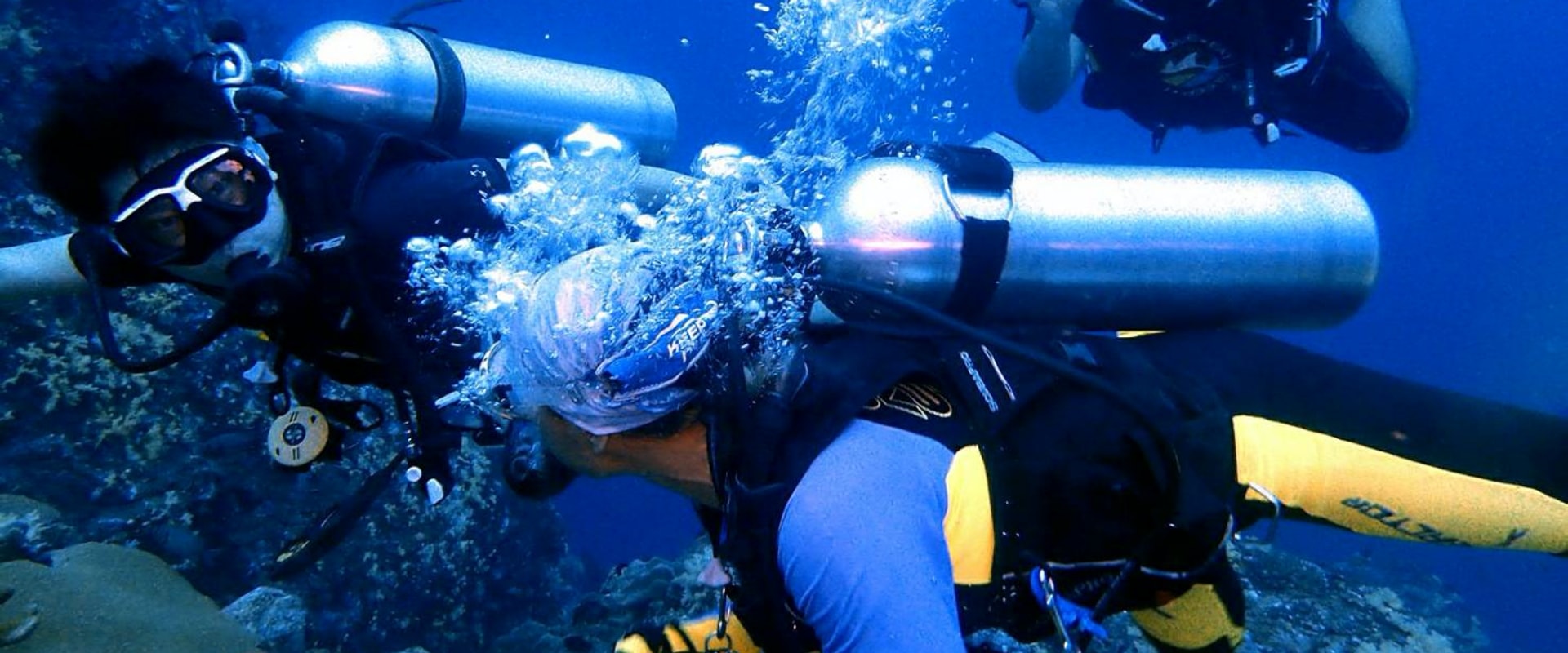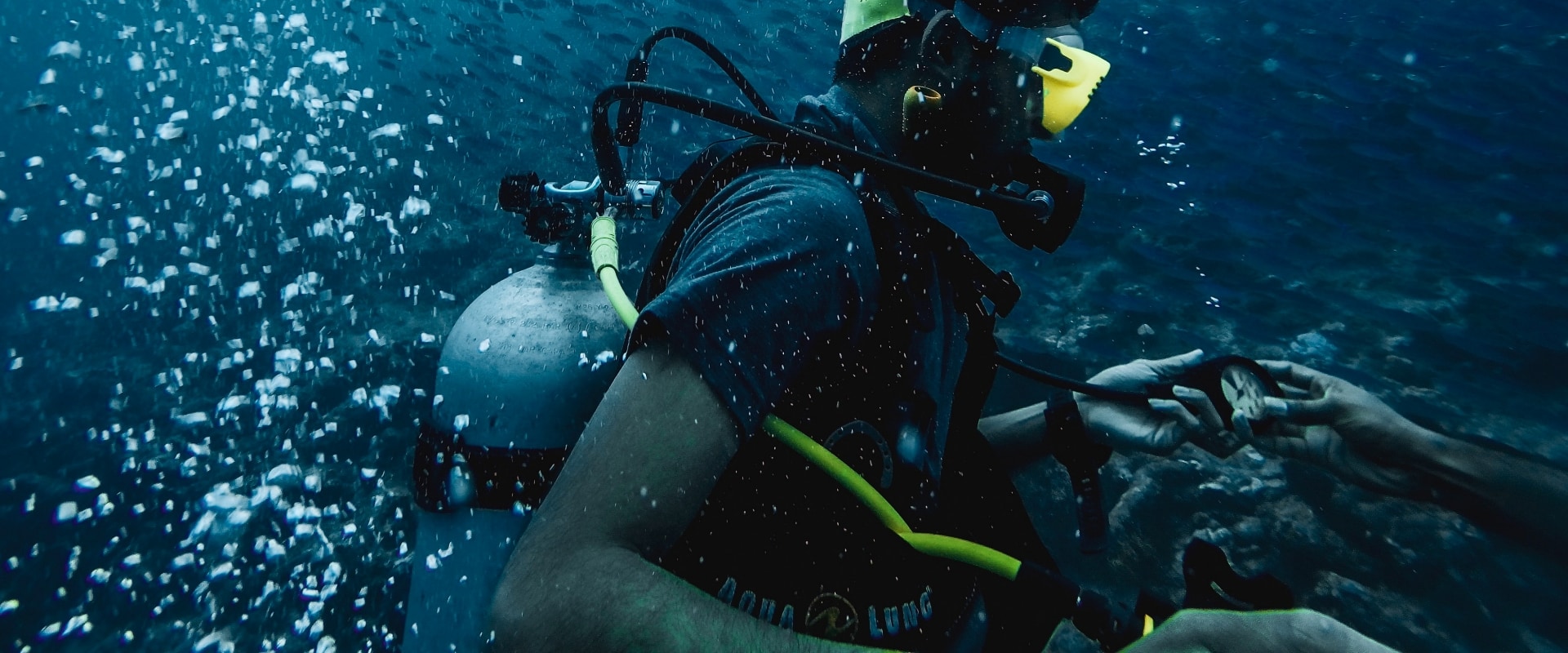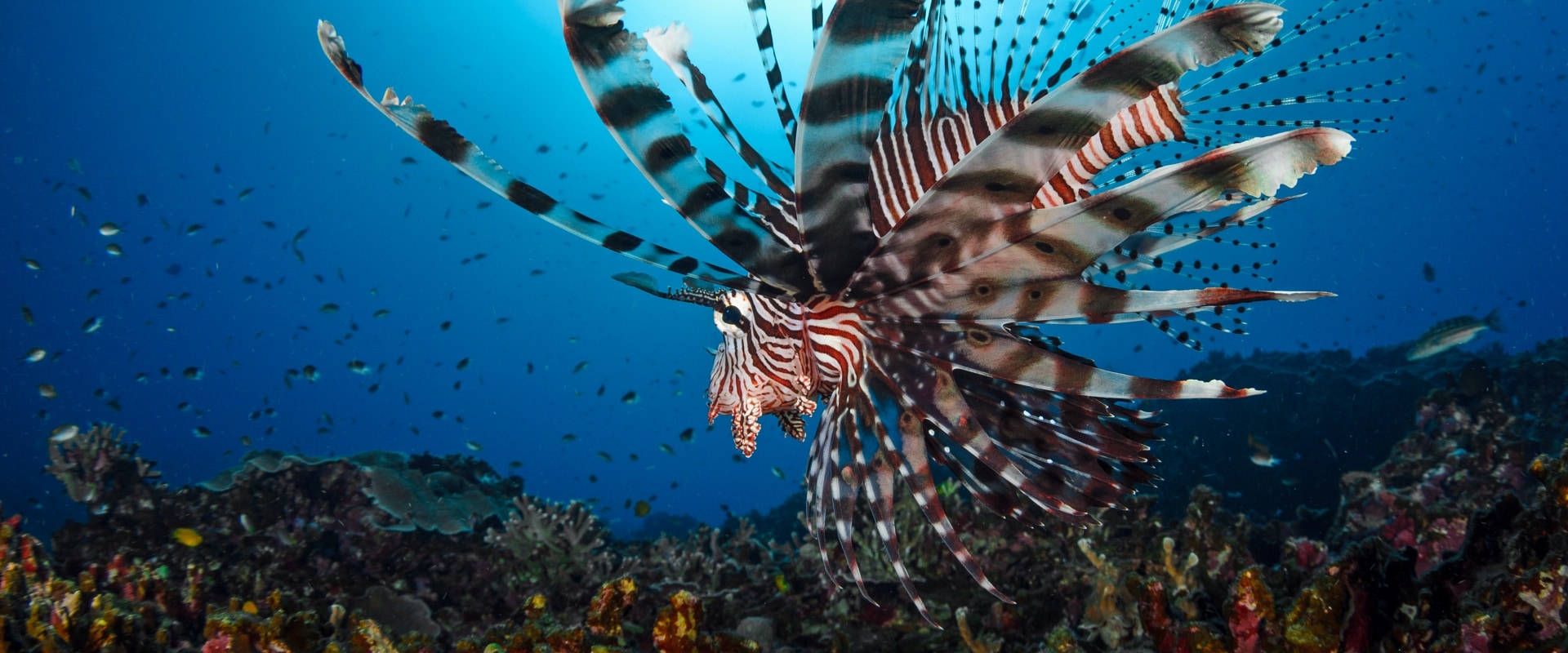Scuba diving is a popular sport, a favourite among people of all ages from all over the world! However, scuba diving poses some risks that one has to take. Not to threaten or anything, but we have to get this straight before going on any further. But is scuba diving dangerous? With proper training and preparation, these risks can be reduced to the point that you don’t really need to be frightened. Here are the most common dangers in scuba diving, and tips to avoid them!
Decompression Sickness
Decompression sickness (DCS), or the bends, might be the danger in scuba diving that most people talk about. DCS happens when you do not decompress properly after you have been exposed to increased pressure. If you breathe compressed air at depth underwater, where the pressure is higher, your tissues absorb more nitrogen. If you ascend too fast while trying to resurface, the sudden reduction in pressure can cause that nitrogen to create nitrogen bubbles inside your tissues. Those bubbles cause a lot of pain and, if untreated, can result in severe nerve and other tissue damage as well as other unpleasant consequences, even death.
How to avoid:
In order to prevent DCS, carefully follow your dive tables and computers. DCS is mostly preventable by ascending slowly and make a standard safety stop. Only dive within the limits you’re trained to, and that you take good care of your body to prevent DCS. There are also some aggravating risks factors that contribute to DCS like age, dehydration, physical fitness, amount of sleep, alcohol and other drug use, and stress. If you begin to exhibit symptoms of DCS, you should take it seriously and get treatment right away.
Drowning
Even though DCS is the scuba diving incident more commonly talked about, drowning actually contributes to more casualties in the scuba diving community. Drowning is typically the consequence of the diver panicking or becoming unconscious due to other, non-diving related health problems.
Diver panic might be because of an out-of-air situation, malfunctioning equipment, for example, a regulator that doesn’t work properly, or other emergencies.
How to avoid:
A panic emergency can be avoided with proper training and the buddy system. But once again, it is important to only dive within your limits, and if it doesn’t feel right to do the dive, don’t do it! Consult a physician with knowledge in scuba diving medicine if you have any cardiac or respiratory conditions or any other condition that may affect your diving.
You will be given a medical checklist When you get your dive certification. Be honest on this list; not all of the items will prevent you from being able to dive, and it’s important to discuss any of these with your instructor. This might help keep you safe.

Arterial Air Embolism
An arterial embolism is a blockage of an artery, which can occur to a diver when bubbles form in an artery when resurfacing and block the blood flow. Normally, this is the effect of pulmonary barotrauma or damage to the lungs as a consequence of differences in the ambient pressure and the pressure in the lungs.
How to avoid:
This occurrence is rather rare but preventable through proper training and careful diving. Ascend slowly and make a standard safety stop. And most importantly, don’t hold breath when ascending.
Lung Overexpansion
Lung overexpansion can occur if a diver ascends too quickly while holding your breath. If the diver holds their breath while resurfacing, the air inside the lungs will expand and can cause serious or even fatal damage to the lungs.
How to avoid:
Again, don’t hold your breath! Ascend slowly from every dive. If you do these two things, the danger in scuba diving of lung overexpansion can be greatly minimized.
Nitrogen Narcosis
Nitrogen narcosis is one of the bigger dangers in scuba diving when doing a deep dive. It is a feeling of dizziness that divers feel due to the extra nitrogen the body absorbs at deeper depths, at around 25 to 30m in saltwater. The feeling of Nitrogen narcosis is usually compared to being intoxicated or drunk.
Nitrogen narcosis by itself is not fatal whatsoever, but usually causes a temporary impairment in reasoning, decision making, and motor coordination. The clouded judgment could lead to harmful diver error. You might not keep track of your time or air consumption, both of which become very limited at depth. Other dangers in scuba diving such as DCS might follow. Nitrogen narcosis is one of the reasons that diving beyond 18 m requires additional training after your first certification.
How to avoid:
Nitrogen narcosis can be avoided by staying at shallower dives and not going deeper beyond the depth you are trained to. Anyone who wishes to dive beyond 30 m should take the deep diver speciality course to lessen the danger in scuba diving of nitrogen narcosis.

Oxygen Toxicity
Regular compressed air (21% oxygen) poses no risk of oxygen toxicity, so divers at recreational level don’t need to worry about that.
On the other hand, diving with enriched air (>21% oxygen) has the chance for oxygen toxicity that could lead to underwater convulsions and drowning.
How to avoid:
This danger in scuba diving with enriched air is rather small as long as you know what you are doing. This is why we recommend our Nitrox speciality course to learn how to dive safely with enriched air. This will teach you how to manage your enriched air to give you more resource when you dive deeper.
Ear Barotrauma
Barotrauma is a danger in scuba diving that can be regularly avoided. It is caused by increased pressure while diving that affects air spaces inside your ears, clogging that space and may lead to significant damage to the eardrum. Being unable to equalize when resurfacing is most likely due to improper use of medication that has worn off while diving.
How to avoid:
If pain is felt while descending or ascending, go back a little and try again after a while. If you are unable to ascend or descend comfortably, the dive must be aborted. If you recently had a cold, try diving again once you have recovered. Consult a physician to make sure you are ready to dive.
Preexisting Health Conditions
There are some certain health conditions that may obstruct you from diving temporarily or permanently. Some divers are unaware of their physical and health issues. Consult physicians to make sure you can maintain a diving physical and fit enough to dive in order to reduce the dangers in scuba diving.
How to avoid:
Consult physicians to make sure you can keep diving physical conditions and fit enough to dive in order to reduce the dangers in scuba diving.

Malfunctioning Equipment
Malfunctioning equipment might be a cause for panic, thus resulting in other dangers in scuba diving such as drowning.
How to avoid:
If you go scuba diving regularly, you might possess your own gear. If not, you need to rent it. Either way, always check it carefully. And if something seems off, ask for a new piece! You certainly don’t want to have problems with your equipment while underwater!
Marine Life
Most marine creatures are not harmful or aggressive towards scuba divers. However, there are cases where divers are attacked, even by usually harmless creatures, so you should always pay attention and treat marine life with respect.
How to avoid:
Every diver should know that you shouldn’t touch any sea animals or corals. Not only to not destroy or harm them but also not to harm yourself.

Stay safe from these dangers in scuba diving
Here are The Risks and Dangers in Scuba Diving that you should know in order to stay safe Underwater. This is not to scare you away from scuba diving or anything, but to help you anticipate anything that might come and prepare yourself to make your every dive safer and more enjoyable.
Proper training is crucial for a safe dive. KSA Liveaboard offers PADI certificate scuba diving courses from Open Water to Specialty levels. For more information, see our courses page and stay safe from dangers in scuba diving. Dive-Eat-Sleep-Repeat!
